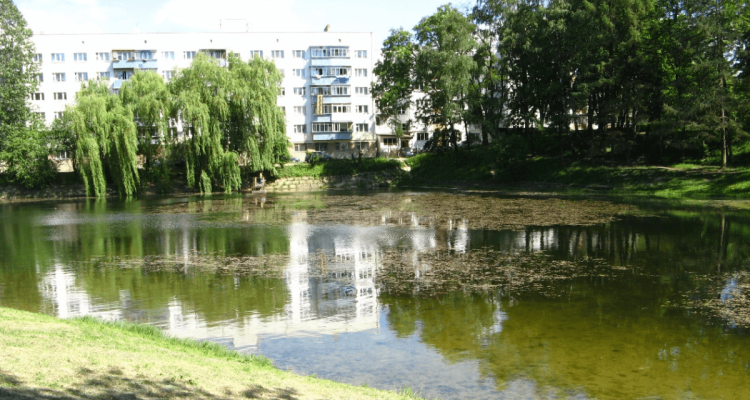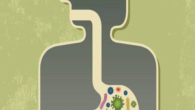
Parks and reservoirs in cities protect against premature death
0
The more natural green zones and reservoirs are in the city, the lower the risk of premature death of its residents. Researchers from the University of Manchester came to this conclusion.
For a long time, science has called green areas in cities a guarantee of good health for residents. Researchers have repeatedly come to the conclusion that visiting parks and forests, as well as river and lake embankments, reduces mental health problems, reduces the risk of heart disease, has a positive effect on the cognitive functions of children and the elderly, and benefits citizens of any age Green areas are especially useful for children. They have better brain development and higher academic performance.
And now, a new study by British scientists has confirmed that access to city parks and other green areas, as well as water bodies, reduces the probability of premature death and increases life expectancy. Researchers have found that if more than 1,000 European cities followed the recommendations of the World Health Organization to locate houses near green spaces, 43,000 premature deaths could be prevented annually.
According to the recommendations WHO, general access to green areas should be at a distance of no more than 300 m from each house. Green plantations mean trees or bushes on an area of at least 50 hectares. But 62% of the population of 1,000 European cities live in areas with less green space than recommended. This is especially true of poor areas, where the level of urban development is much higher. This means that people do not get the health benefits they could.









Leave a Reply